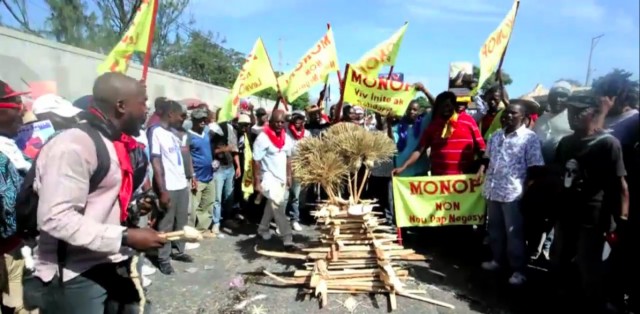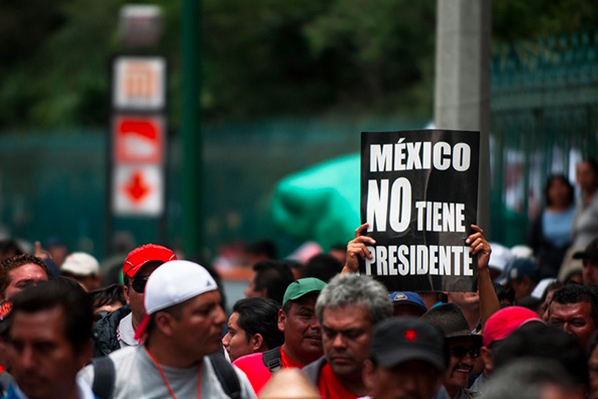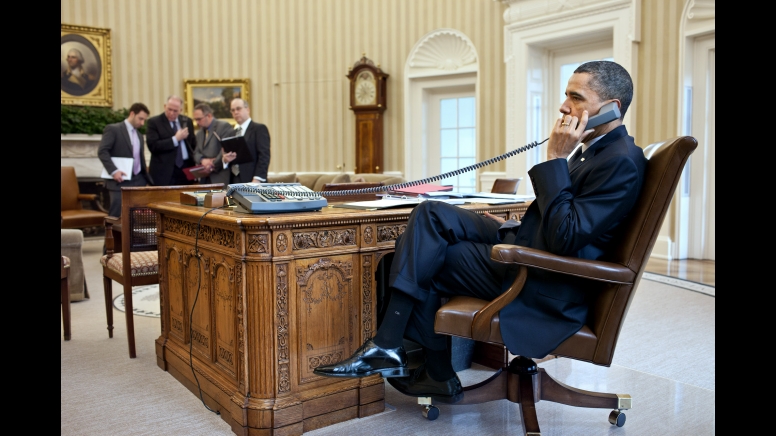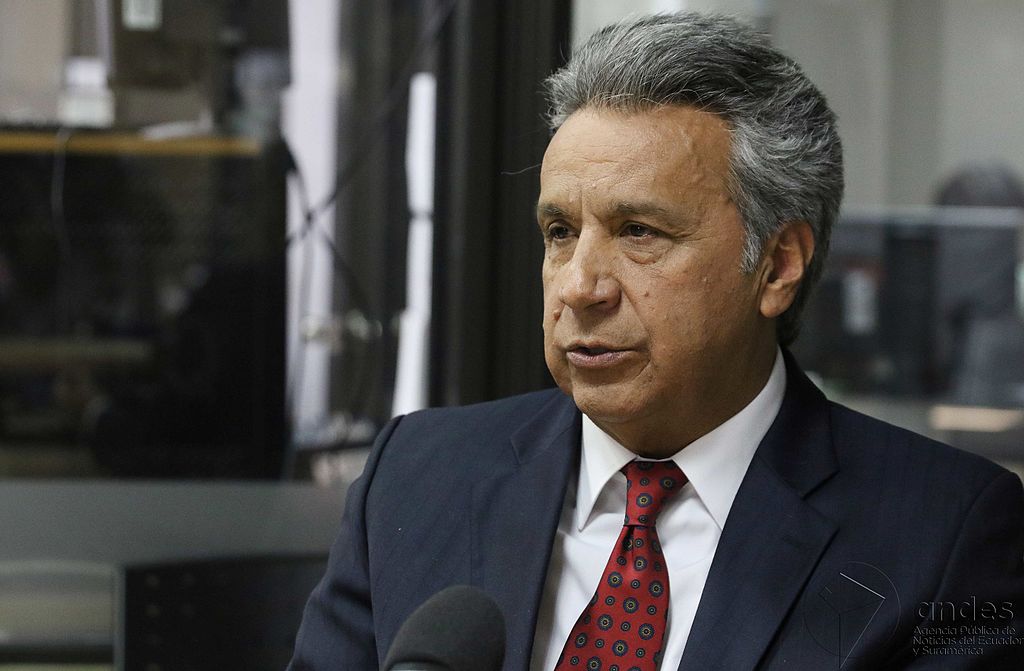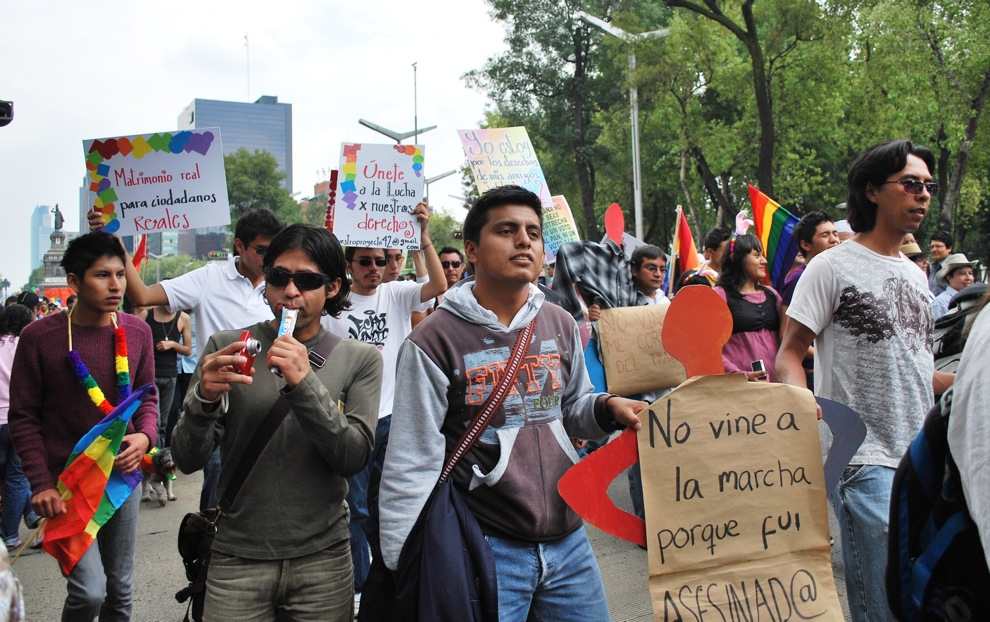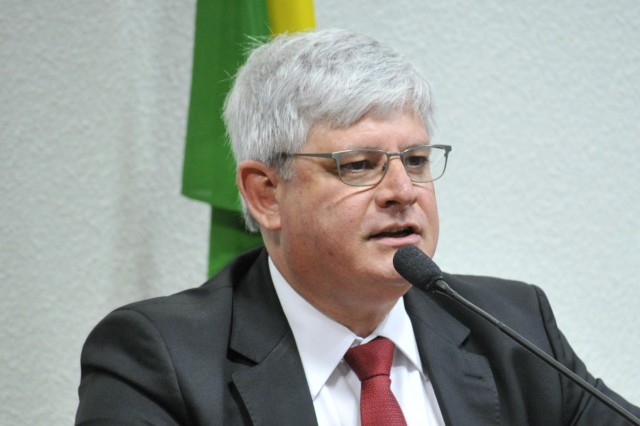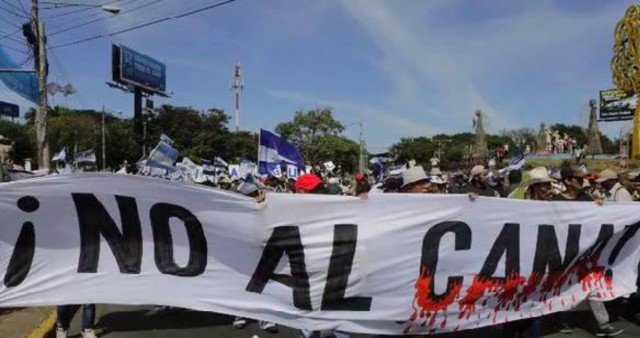
Central America, Latin America: Week in Review, Nicaragua
Nicaraguan Protesters March Against Canal Project
December 11, 2014 By Staff
Top Story — Thousands marched through the Nicaraguan capital of Managua on Wednesday to protest the construction of a transoceanic canal, two weeks ahead of the project’s start-date. The demonstrators — may of whom travelled to the capital from villages along the canal’s proposed route — fear they will be displaced without adequate compensation.
Critics say the proposed canal could have lasting consequences for the environment and for local indigenous communities. About half of the canal’s route will fall inside the borders of Lake Managua, a key source of fresh water. Environmentalists fear that cutting through the lake will exacerbate already significant pollution.
Officials argue that the project’s environmental effects will be minimal, although they have yet to publish any studies on its potential impact, despite calls from scientists.
Construction is scheduled to begin on Dec. 22. Officials believe the proposed canal — which will be longer and deeper than Panama’s — will give the country’s economy a much-needed boost. Construction related to the project over a five-year period is expected to generate 50,000 jobs, according to authorities, while 200,000 more jobs will arise once the canal becomes fully-functional.
Nicaragua is the second-poorest country in the Americas, after Haiti, according to the World Bank. Panama, by contrast is one of the region’s most prosperous.
The Nicaraguan government has partnered with Wang Jing, an elusive Chinese billionaire, to finance the canal project. Critics allege that the Chinese government is behind the financing plans, but Wang has denied allegations that he is acting as a government proxy.
Headlines from the Western Hemisphere
North America
- Unsanitary and overcrowded living spaces, bedbugs, and constant hunger are just some of the conditions of Mexicans working in agricultural labor camps, according to the second article in a L.A. Times series on the harsh conditions that often go into providing American consumers with affordable produce.
- The U.S. House of Representatives passed a bill Wednesday to deny visas and freeze assets of Venezuelan officials who were involved in political detentions and violent repression of anti-government protests that began in February.
Caribbean
- President Barack Obama said in an interview with Fusion that the U.S. government is “in conversations” regarding the release of Alan Gross, a USAID subcontractor who has been imprisoned in Cuba for over five years.
- Cuban authorities detained several protesters on Wednesday as they gathered to observe International Human Rights Day in Havana before briefly clashing with pro-government demonstrators.
Central America
- A severe four-month drought in Nicaragua earlier this year has had lasting effects on farming communities that are struggling to sustain themselves amidst severe climate change.
- While a recent purge of 300 police officers connected to the drug trade in Honduras points to an interest in reform, InSight Crime argues that firing officers has not always worked and could even result in severe understaffing.
- Members of the ruling party in Honduras are attempting to overturn a law restricting presidential re-election, a move which, if successful, could allow President Juan Orlando Hernández to run for a second term.
Andes
- Thousands of protesters marched in Lima on Wednesday during the U.N climate summitt, demanding fair solutions and protection for environmental activists.
- Greenpeace announced that its executive director will fly to Lima to personally apologize for a publicity stunt by the group which left footprints in a prohibited section of the Nazca Lines, an act over which the Peruvian government has vowed to press charges.
Southern Cone
- A Brazilian commission investigating the humans rights abuses committed by the country’s 1964-1985 dictatorship identified 377 people who committed “crimes against humanity” in a report released on Wednesday, and called for the prosecution of former military officers and private companies accused of involvement.
- Paraguayan President Horacio Cartes’ tobacco company has been accused yet again of selling some of the most popular contraband cigarettes in Mexico: business connection that benefits Cartes and helps fund Mexican organized crime.
Image:
Subscribe to Today in Latin America by Email
< Previous Article
